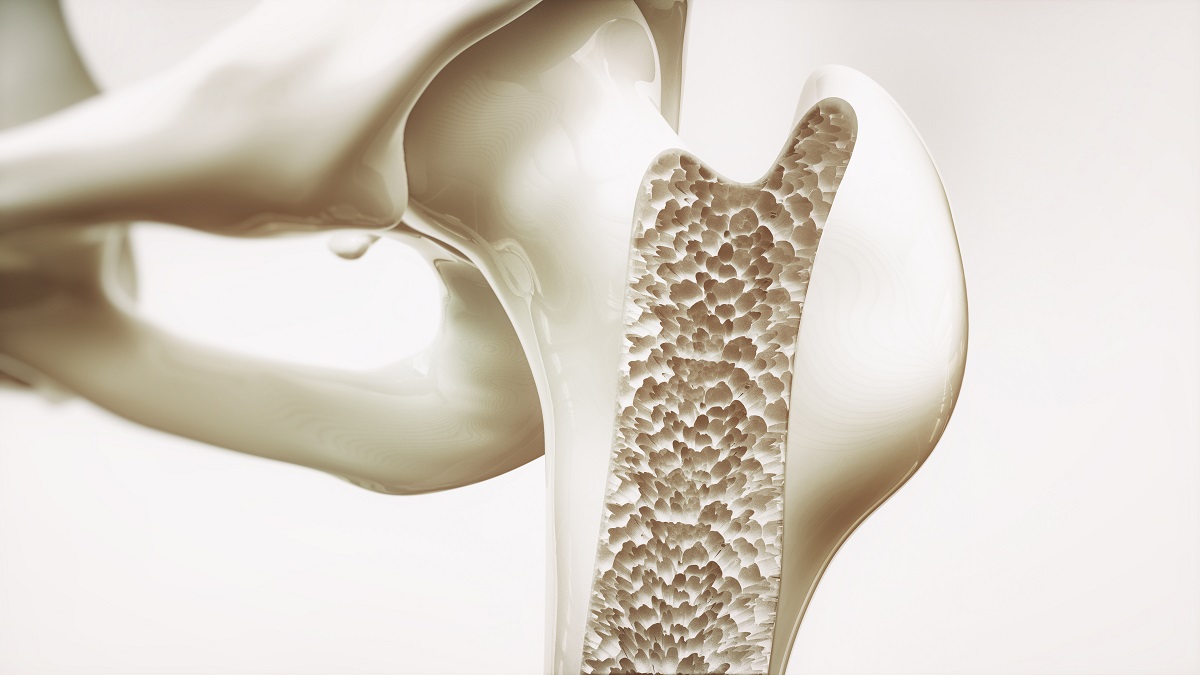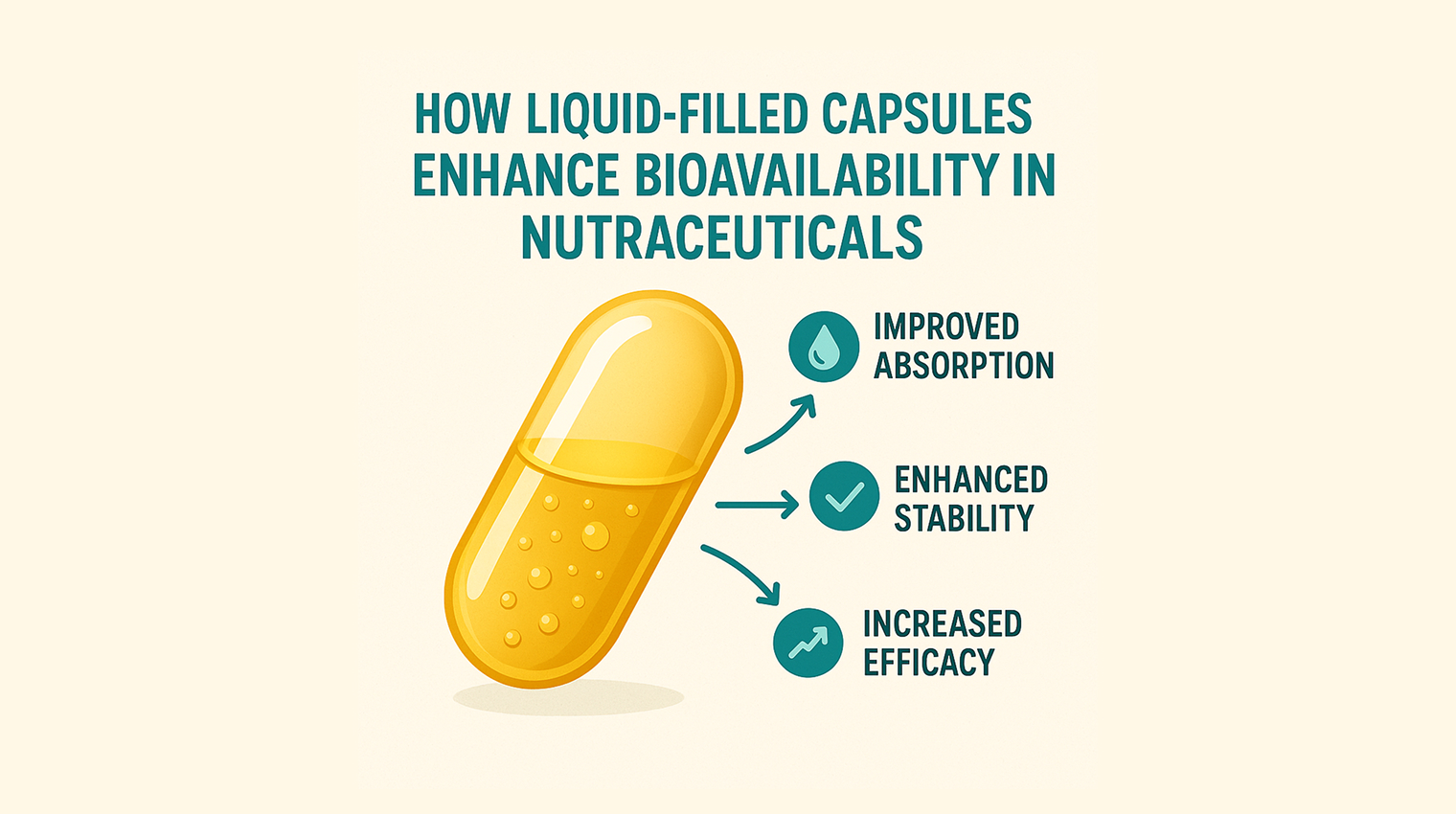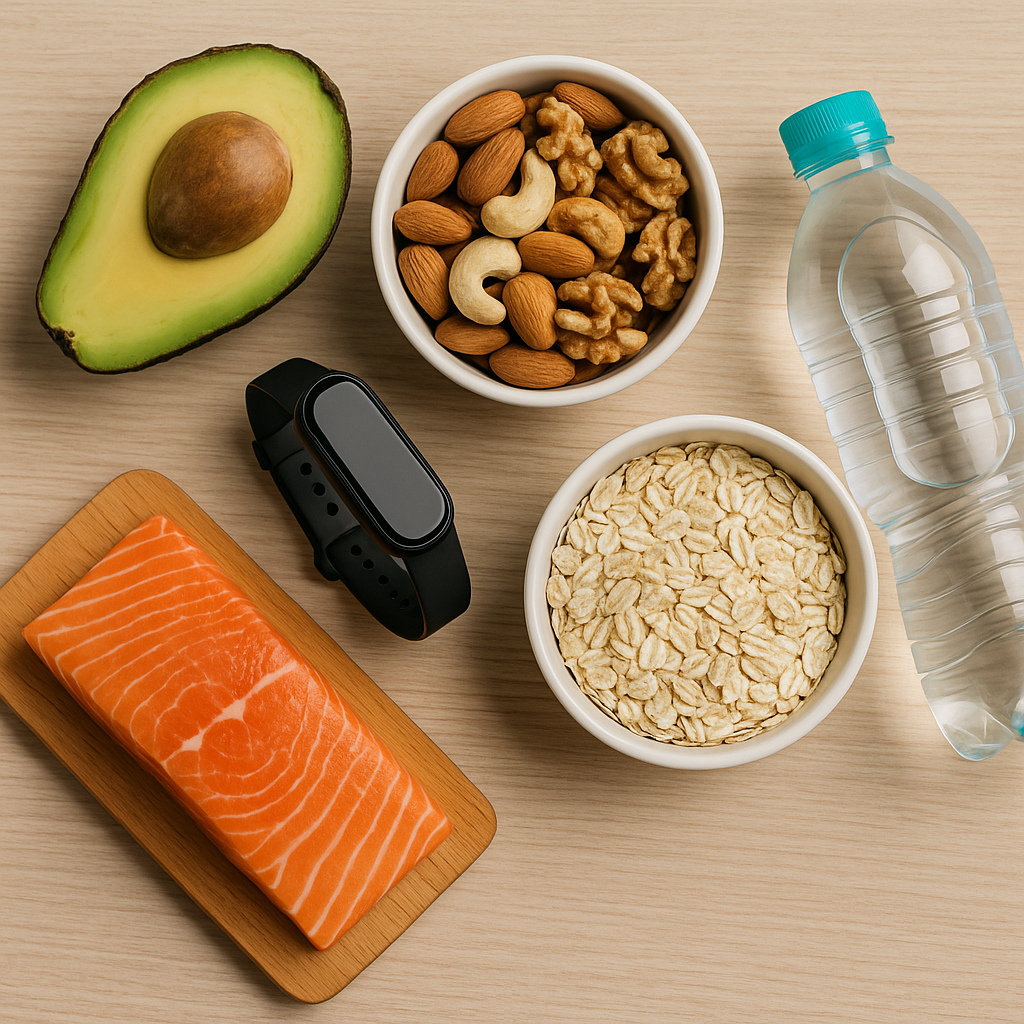Calcium is a vital mineral that plays a crucial role in maintaining good health. It is essential for strong bones and teeth, efficient muscle and nerve function, and many other physiological processes. In this article, we will explore the importance of Calcium, how to determine your daily calcium needs, ways to incorporate calcium-rich foods into your diet, the consideration of calcium supplements, the role of vitamin D in calcium absorption, and the importance of limiting foods that reduce calcium absorption.
Understanding the Importance of Calcium
Calcium is a fundamental mineral that is necessary for many bodily functions. It is a significant component of our bones and teeth, giving them strength and structure. Calcium is also critical in muscle function, nerve transmission, blood clotting, and cell signalling. It is required to release certain hormones and enzymes, and it also helps regulate the pH level of our blood.
Determine Your Daily Calcium Needs
The recommended daily intake of Calcium varies depending on age and gender. According to the National Institutes of Health (NIH), adult men and women between the ages of 19 and 50 need about 1000 milligrams of Calcium per day, while women over 50 and men over 70 need around 1200 milligrams per day. Pregnant and breastfeeding women also have increased calcium needs. It’s essential to determine your daily calcium needs based on your age, gender, and life stage to ensure you are getting enough Calcium to maintain good health.
Incorporate Calcium-Rich Foods into Your Diet
The most common way to obtain Calcium is through our diet. Many calcium-rich foods can be incorporated into our daily meals. Dairy products, such as milk, cheese, and yoghurt, are excellent sources of Calcium. Leafy green vegetables, such as broccoli, kale, and bok choy, are also rich in Calcium. Other sources of Calcium include tofu, fortified cereals, almonds, and sesame seeds. Incorporating these foods into your diet can help you get enough Calcium to support your body’s health.
Consider Calcium Supplements
The most common causes of calcium deficiency are inadequate intake of calcium in diet throughout the lifestyle, medications that reduce the absorption of calcium, individuals who are intolerant to calcium rich foods such as dairy, hormonal changes, especially in women once they reach menopause and certain genetic disorders. Children who do not consume sufficient calcium through their growing years may not achieve their growth potential. Common symptoms among adults having a calcium deficiency include constant fatigue, frequent fractures indicating weak bones, numbness in extremities, brittle nails and hair fall, muscle spasms and confusion or a state of haze. Calcium supplements come in various forms, such as calcium carbonate and calcium citrate, and can be found in different strengths. However, speaking with your healthcare provider before starting any calcium supplements is crucial, as they can interact with certain medications and have potential side effects.
Pay Attention to Vitamin D.
Vitamin D is essential for calcium absorption in the body. It helps the body absorb Calcium from our food and promotes its utilization in various physiological processes. Vitamin D can be obtained through exposure to sunlight, however the absorption of vitamin D from sunlight depends on various factors such as time of the day, use of topical creams, area of skin exposure and the colour of the skin determins how much of this nutrient is absorbed and thereafter utilised. Fatty fish, such as salmon and mackerel, egg yolks, fortified dairy products, and mushrooms, are a few dietary sources of vitamin D. Ensuring adequate vitamin D intake is crucial to optimize the absorption and utilization of Calcium in the body.
Limit Foods That Reduce Calcium Absorption
Some foods can reduce the absorption of Calcium in the body. Foods high in oxalates, such as spinach, beet greens, and sweet potatoes, and phytates, such as nuts, seeds, and whole grains, can bind to Calcium and reduce its absorption. While these foods are generally healthy and nutritious, limiting their intake is essential if you are concerned about calcium absorption. Cooking or pairing these foods with calcium-rich foods can help reduce the impact on calcium absorption.
In conclusion, ensuring adequate calcium intake is essential for maintaining good health. Strong bones, proper muscle and nerve function, and other physiological processes rely on adequate calcium levels. Incorporating calcium-rich foods into your diet, considering calcium supplements under the guidance of a healthcare provider, paying attention to vitamin D intake, and limiting foods that reduce calcium absorption are all essential steps to unlock the health benefits of Calcium. Consulting with your healthcare provider and following a well-balanced diet can help you achieve optimal calcium intake and support your overall health and well-being.



